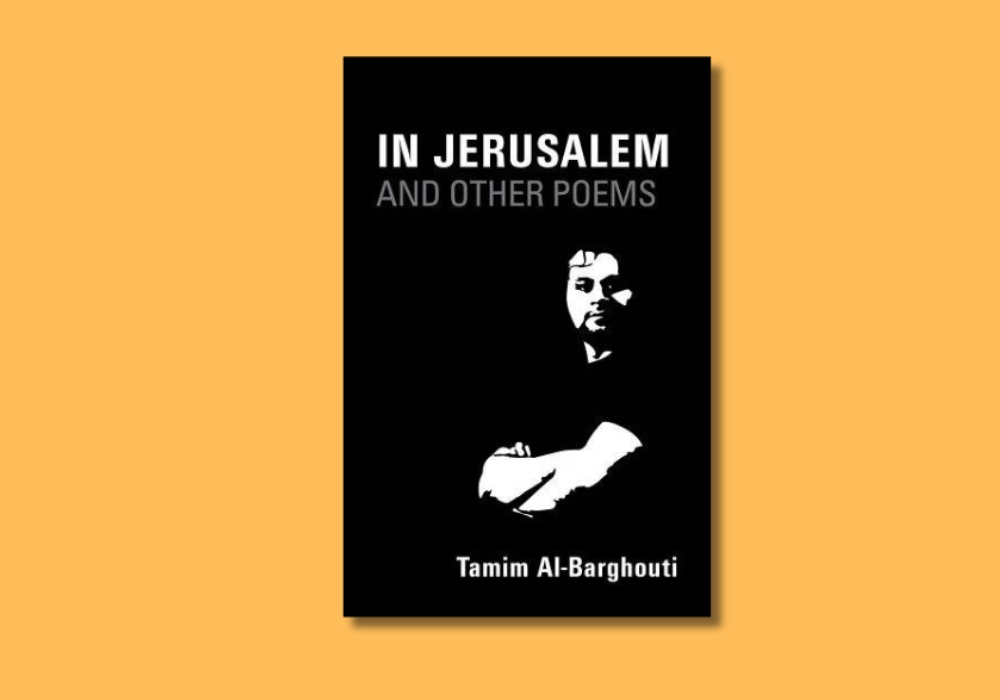On World Refugee Day, and as we honor the courage and the strength of the millions of people fleeing or forcibly displaced by war, violence, and famine, we at WWB are revisiting stories in our archives that give voice to those experiences.
In his poem “I Am a Refugee,” Syrian writer Mohamed Raouf Bachir depicts the alienation and invisibility of life as a refugee. Translated from Arabic by Thomas Aplin.
In an excerpt from “Lampedusa Snow,” Italian playwright Lina Prosa dramatizes an African refugee’s experience in Italy’s Alpine north. Translated from Italian by Nerina Cocchi and Allison Grimaldo-Donahue.
Editorial director Susan Harris recommends “Five Comics Depicting Immigrant and Refugee Stories around the World.”
In “Not Bread Alone: Food and the Refugees in Greece,” Diana Farr Louis describes cooking together in a refugee camp as a way of building community and challenging stereotypes.
Macedonian poet Lidija Dimokovska explores the experience of refugee children in “Ballad of Aunt Else’s Refugees,” translated by Peggy Reid and Ljubica Arsovska.
In her essay “The Act of Naming,” Maaza Mengiste reflects on the images of refugees in the news and considers the role of identity in mourning the dead.
Iraqi writer Najem Wali explores themes of memory and loss in “Homeland as Exile, Exile as Homeland,” translated from Arabic by Jennifer Kaplan.
Karen Emmerich, Martin Trabalik, and Jonathan Wright translate stories written by refugees in a Macedonian camp in “Refugee Stories: Idomeni Greece.”










